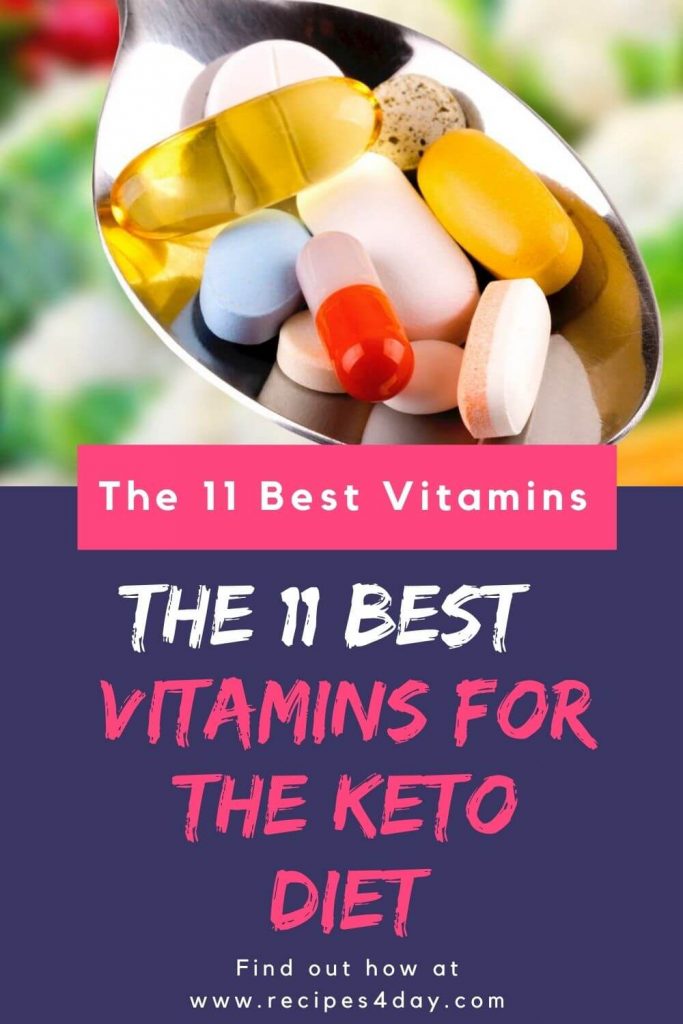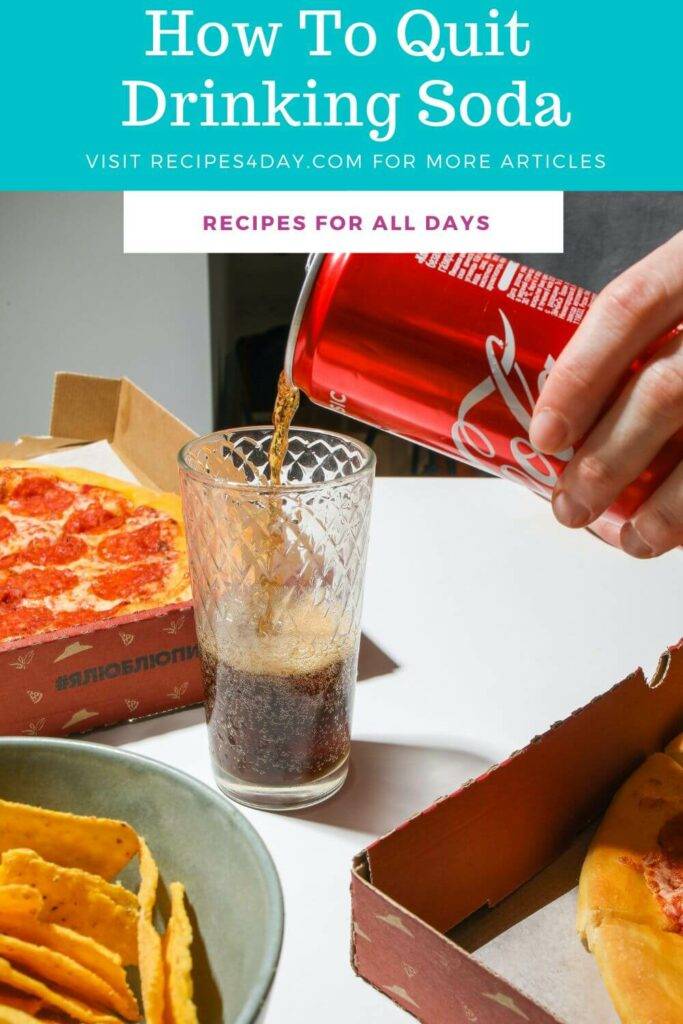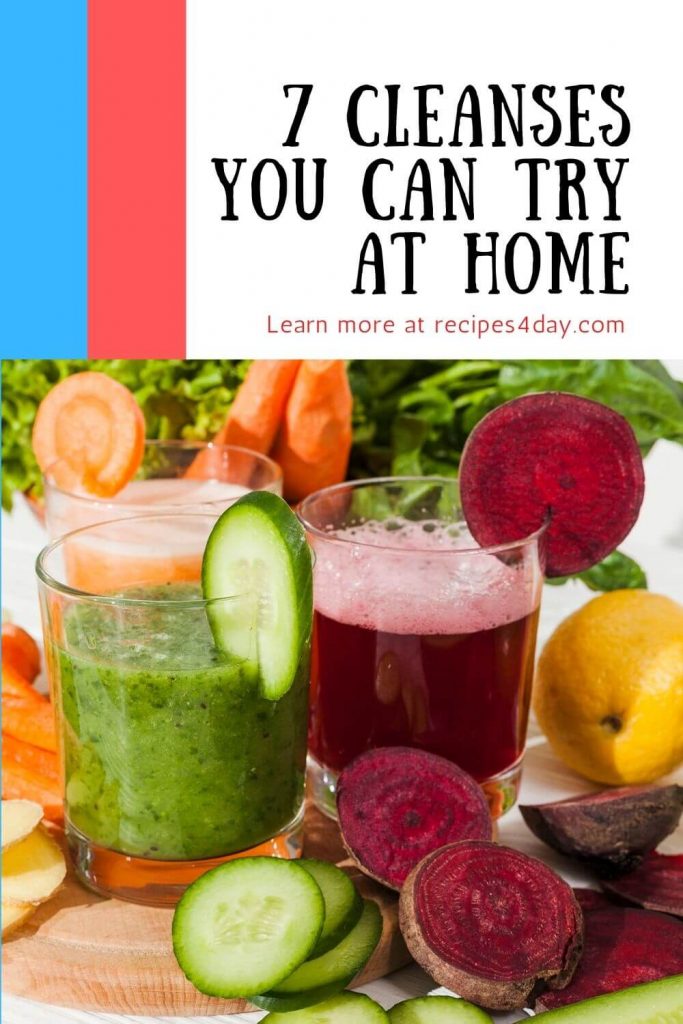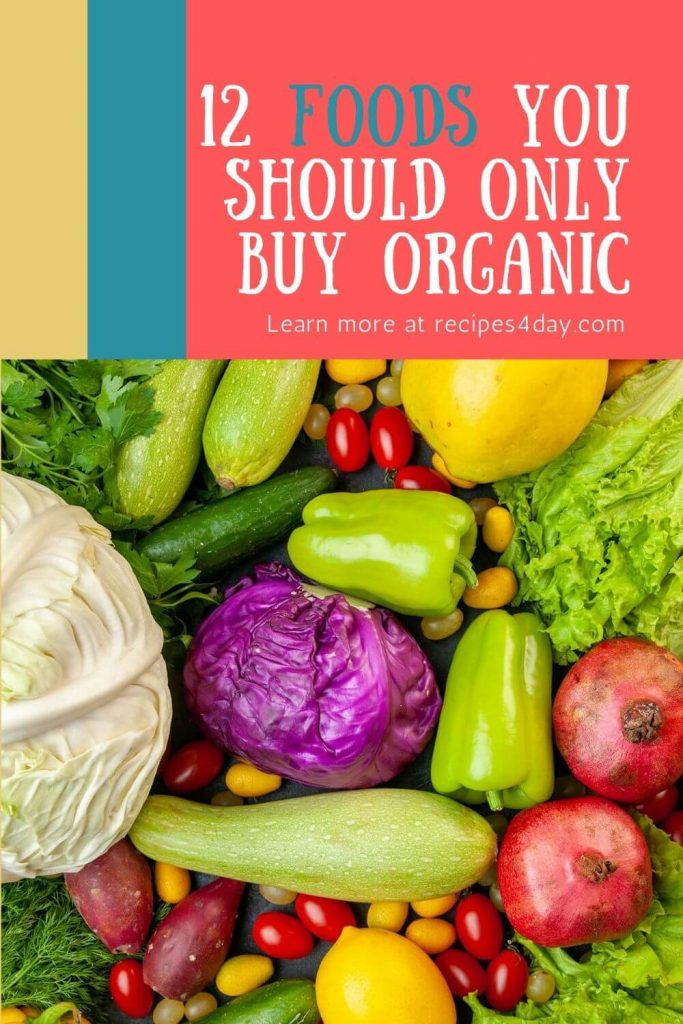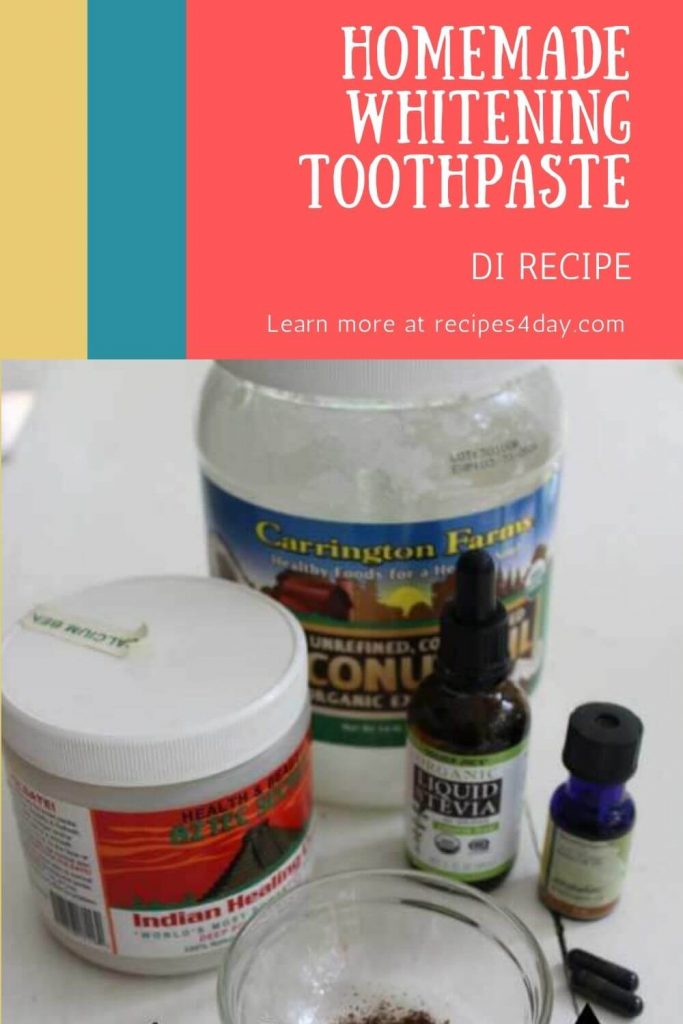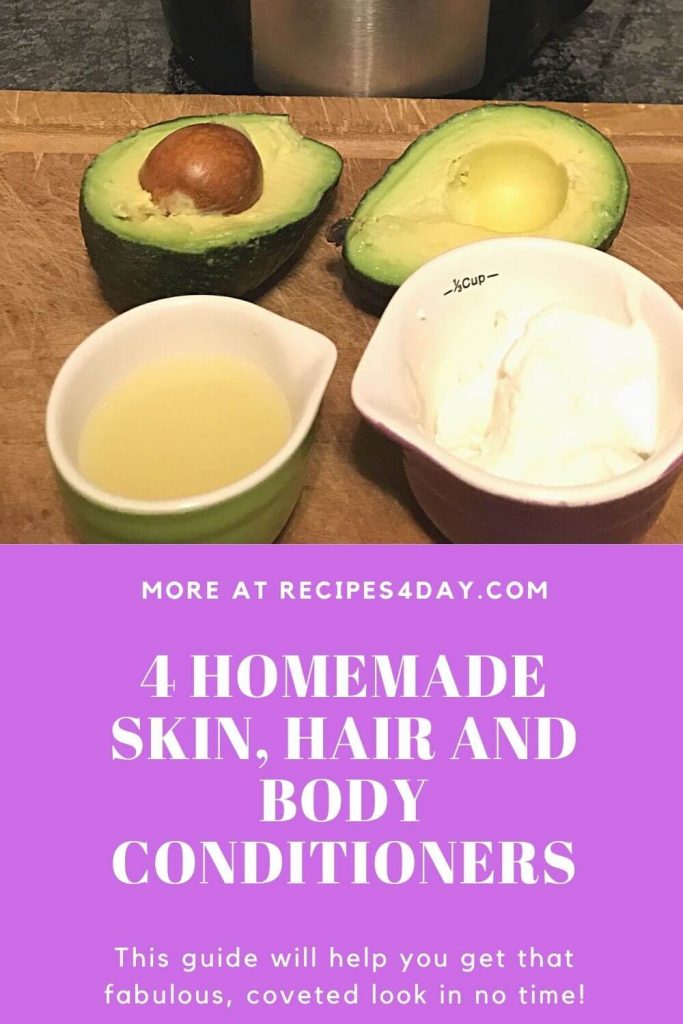While you focus on fats for keto, don’t forget that there are a number of vitamins you need to be getting alongside that fat. Most of your important nutrients are going to come from plant-based foods such as green veggies, nuts, etc. Quality proteins such as salmon and grass-fed beef are just as important. But hey, we can’t always get the nutrients we need from the food we eat. Sometimes we need to supplement. So, let’s talk about the most important vitamins we need for the ketogenic diet.
Many top keto researchers have supplemented their study participants with specific vitamins like sodium, potassium, and magnesium. They know it’s pretty likely that these people will experience adaptation side effects if the vitamins are not taken.
Keto changes how your body works. There’s more than a few nutrients you want to keep an eye on.
Here’s my list… Let’s take it from the top. Sodium.
Sodium
Traditional high fat low carb Inuit cultures of the past (think about Alaska) would go out of their way to get the right amount of salt in their diet. They knew the importance that this nutrient had on their general health. [1]
Unfortunately, today we are all too familiar with salt being bad for us. With keto, that notion is actually flipped upside down. Sodium is actually one of the best nutrients for the keto diet. We need more salt and certain side effects like confusion, fatigue, and headaches will come if we don’t get it. In fact, Sodium is talked about more than any other nutrient on keto. Wondering why?
Ketosis triggers something called “the natriuresis of fasting” where we flush fluids and sodium from the kidneys. As a result, your circulation can be affected. Poor circulation causes fatigue. Adding additional salt to your diet will counter this effect. [2]
Try adding bouillon broth or vegetable broth to your diet on occasion. This will give you a nice sodium boost on the days you need it. If you’re exercising, it may help to consume broth right before your workout. This may help with fatigue [2]
Sodium may also play a role in helping to maintain lean body mass as you adapt. During adaptation (and calorie restriction), the body resorts to gluconeogenesis to create sugar from parts of amino acids, fats, and lactic acid. If sodium is taken, the amount of muscle lost during adaption is actually reduced. [3]
Interesting Fact
Most of the keto athletic performance studies have made sure people are getting around 5g per day of sodium. This is actually twice the daily recommended intake by the FDA. Researchers determined that salt can help ease side effects for athletes on keto.[3]
How much do we need?
- As a general rule of thumb, salt your food to taste.
- If you are feeling lethargic, add additional salt up to 5g total per day.
Good Sodium Sources
- Pink Himalayan Salt
- Bouillon Broth
- Bone Broth
Potassium
Potassium is one of those vitamins that is very difficult to get the recommended daily value. And, It happens to be one of the best vitamins for keto. Our requirement is 4700mg per day which is A LOT. The best way to get it is from green leafy vegetables like spinach. Eating a nice big salad for lunch is a great idea. You can also add cooked spinach to your eggs or other cooked foods. This will compact the spinach and it will be easier to consume more of it.
Potassium has a close relationship with sodium. They both work to balance the levels of circulating fluids in our bodies. [4]
When either of these nutrients is low, you can experience side effects like dizziness, headaches, and fatigue. If sodium is low, the body will excrete additional potassium trying to conserve sodium. [4]
Other side effects of low potassium may include muscle loss, and muscle cramping (could also be caused by low magnesium). Even if you are consuming good amounts of protein, you can still lose muscle if potassium is low. The reason for this is that potassium is often found inside muscle tissue. [4][5]
Overall, It is clear that potassium is one of the best vitamins for the keto diet.
Interesting Fact
Potassium is a heart-healthy vitamin. It helps the heart know when to pump. It also helps with the contractions of other muscles, as well as nervous system function. The kidneys use potassium to filter blood. [*]
How much do we need?
- 4700mg per day
Good Potassium Sources
- Avocado (best source)
- Spinach
- Kale
- Salmon
- Broccoli
Magnesium
Magnesium is involved in over 300 chemical reactions in the body. [9] It was coined as the original “chill pill” due to its calming effects on multiple areas of the body. As a result, it can be considered one of the best vitamins for the keto diet.
Magnesium has an interesting role in suppressing cortisol (stress hormone) release from the adrenals. It is also able to cross the blood-brain barrier where it then serves to block the entrance of stress hormones from entering the brain. It also plays a big role in muscle signaling.
In the 1980’s Dr. Atkins used magnesium to treat heart rhythm regulation, asthma, and also high blood pressure. [6]
In order to reduce the side effects of ketosis, researchers often supplement participants with magnesium. Interestingly, a deficiency in magnesium can also cause the wasting of potassium. [7]
It is often the case the case where diabetics may experience consistent muscle cramping when this nutrient is low. This is may be due to the kidneys flushing additional magnesium while in ketosis. To fix the problem, slow release magnesium supplements are recommended by Dr. Stephen Phinney and Dr. Jeff Volek. [8]
Interesting Fact
If you are going to supplement magnesium, take it an hour before bed with food. It will be absorbed more easily and you will sleep better.
How much do we need?
- Women – 300mg daily [*]
- Men – 400mg daily [*]
Good Magnesium Sources
- Green Leafy Vegetables
- Nuts
- Grass Fed Beef
- Avocados
- Seeds
- Fatty Fish
Calcium
Calcium is a key nutrient that is needed for healthy bones and muscle function. It is heavily involved in the signaling required for muscle contractions. While you generally do not need to supplement it, it is an important nutrient and one of the best vitamins for the keto diet.
A deficiency in calcium could cause anxiety, mania, panic, and confusion. [9].
In performance studies with highly trained athletes, calcium has been supplemented alongside potassium, sodium, and magnesium to prevent nutrient related side effects. By doing this, the cyclists were able to perform at the same high caliber that they did on a high carbohydrate diet. [4]
If your doctor has prescribed calcium for bone health, ensure that you are also supplementing with magnesium because these two electrolytes balance each other out. Calcium is the activator while magnesium is the relaxer. [9]
Interesting Fact
The state of your digestive system and stomach acidity greatly affects your ability to absorb calcium, B12, and Iron. Low stomach acid will hinder the absorption of these nutrients. Try adding apple cider vinegar to your meals to help with absorption. [9]
How much do we need?
- 1,000mg per day
Good Sources of Calcium
- Grass Fed Dairy Products
- Fish
- Almonds
- Kale
Essential Fatty Acids (Omegas)
Essential Fatty Acids are termed “essential” because you can’t make these in your body. They have to come from the diet somehow. The Omega–3’s come in 3 different forms which are EPA, DHA, and ALA. They help in forming cell membranes, boosting brain function, contributing to a healthy heart, and reducing inflammation. We also have the Essential Fatty Acid Omega–6 in the body. All of these Fatty Acids function more like vitamins than they do fat fuel. [1]
If you are deficient in Omega–3, you could experience heart disease and possibly dementia. Reduced neurological, visual and brain function could also occur. [10]
If you are deficient in Omega–6, you could experience skin rash, growth stunting, or sterility. [10]
It seems that on a low carb diet, essential fatty acids get to where they need to go more quickly. The metabolism of these nutrients happens differently (in a good way). They are found in higher concentrations in our tissue membranes as well as in blood phospholipids. [11]
The various health benefits of essential fatty acids make them NOT ONLY one of the best vitamins for the keto diet, but ANY diet.
Interesting Fact
If you are going to take a fish oil pill, take it with a meal to increase absorption.
How much do we need?
- 1000mg daily
Good Sources of Essential Fatty Acids (Omegas)
- Fish
- Anchovies
- Sardines
- Caviar
- Flax Seeds
Essential Amino Acids
While these aren’t exactly vitamins, they are VERY important. In the last 100 years, scientists have identified 9 essential amino acids. These are amino acids that cannot be made in the body and must be consumed from the diet. These are leucine, isoleucine, valine, threonine, tryptophan, phenylalanine, tyrosine, histidine, and cysteine. [10]
There are over 100 unique neurotransmitters in the brain. These all assist with cognitive function. It is the amino acids we consume from protein that are the building blocks from which these neurotransmitters are made. [12]
Amino acids are also used to build and maintain parts of our bodies such as muscles, tendons, kidneys, liver, intestines, and lungs. [13]
Without appropriate levels of these amino acids, protein metabolism can suffer in as quickly as a few weeks.
Since keto is a moderate protein diet, It is important to MAKE YOUR PROTEIN SOURCE COUNT. Eating complete proteins like grass-fed beef and salmon will ensure that you get all your essential amino acids from the foods you consume.
Interesting Fact
If you are consuming specific amino acid supplements for brain health, consume those supplements separately from a protein containing meal. The reason for this is that the amino acids from food will compete for entry into the brain.
How much Protein do we need?
Most people don’t need more than .8g per kg of body weight per day.
Good Sources of Protein/Amino Acids
- Grass Fed Beef
- Salmon
- Eggs
- Poultry
Vitamin C
Vitamin C is a VERY important anti-oxidant in the body and can easily be considered one of the best vitamins for the keto diet. As you probably know, it plays a vital role in boosting our immune system. Some research suggests that it also helps with reducing blood pressure. [*]
There is a common concern with keto that because you are cutting out fruit, you won’t be getting enough Vitamin C. But, this is simply not the case. We can get Vitamin C from green leafy vegetables and foods like cauliflower and peppers. [2]
Vitamin C is needed to support the production of cortisol in the adrenal glands. If you are chronically stressed, you have an increased need for Vitamin C.
Interesting Fact
The body stores the largest concentrations of Vitamin C in our adrenal glands. If you are suffering from adrenal fatigue, you may need to supplement anywhere from 2 to 5 grams per day of vitamin C. [9]
How much do we need?
- 100mg per day although some may need higher amounts (up to 5g daily). [*]
Good Vitamin C Sources
- Berries
- Bell Peppers
- Kale
- Mustard Spinach
- Brussel Sprouts
Vitamin D
Vitamin D is an anti-inflammatory nutrient that acts more like a hormone than it does a vitamin. When levels drop low, so does the production of dopamine and serotonin. [9] Vitamin D also helps to build strong bones, assisting to shuttle calcium into the right places your body. In addition to this, it is a potent immune system booster and a fighter against certain diseases. These include multiple sclerosis, heart disease, and the common flu. [*]
For Keto specifically, Vitamin D may be useful in combating the chances of developing kidney stones, experiencing bone density changes, and developing acidosis (acidic blood that can sometimes occur from gluconeogenisis raising BUN levels). Combine Vitamin D with Calcium, Selenium, and Zinc for an increased effectiveness in fighting these side effects. [14]
We use calcium A LOT better when we have Vitamin D in our system. Without Vitamin D, we are poor absorbers of calcium. When Vitamin D is LOW, we only absorb about 10% of the calcium we consume. [*] This is a BIG difference! For these reasons, vitamin D can be considered one of the best vitamins for the keto diet.
Interesting Fact
A deficiency in Vitamin D is one of the primary causes of Seasonal Effective Disorder (SAD). 15 minutes of sunshine per day is really important. But, if you can’t get that, then consider adding a supplement to your diet.
Vitamin D is a fat-soluble vitamin and should be taken with your largest meal of the day. Preferably with a fat.
How much do we need?
- Anywhere between 500 IU and 1500 IU for most people.
Good Sources of Vitamin D
- 15 Minutes of Sunlight per Day
- Fatty Fish (Tuna, Mackerel, and salmon)
- Beef Liver
- Egg Yolks
- Supplementation (Vitamin D3)
Selenium
Selenium is an essential trace mineral that functions as an antioxidant to help rebuild your damaged cells and DNA.
For men, selenium may reduce the chance of prostate cancer by around 63%. It also is reported to decrease the risk of other types of cancer such as lung, colon, and esophageal. [*]
In terms of keto, selenium may help with reducing kidney stones, bone density changes, and acidosis. [14]
Selenium also helps promote the creation of glutathione, which is perhaps the BIGGEST antioxidant we have. A 5-week long study showed that selenium supplementation reduced anxiety AND boosted mood. [9]
Interesting Fact
Selenium is a rare mineral and is found in the earth’s crust. It is actually less prevalent than gold. Thankfully, we don’t need a whole lot of it to get by.
How Much Selenium Do We Need?
- 200 micrograms per day [*]
Good Sources of Selenium
- Vegetables
- Seafood
- Brazil Nuts
- Garlic
- Grass Fed Beef
Zinc
Zinc is involved in over 300 enzymes in the body. It plays a significant role in managing stress and anxiety by helping to break down amino acids in the stomach. It indirectly boosts mood by helping the body to produce things like GABA. [9]
Zinc also has some specific benefits to keto. As with Calcium, Vitamin D, and Selenium – Zinc helps to reduce the frequency of kidney stones, bone density changes, and acidosis. [14]
Interesting Fact
If you are supplementing zinc, do not take it with dairy products or calcium-rich food. Calcium will prevent the absorption of zinc.
Good Sources of Zinc
- Oysters
- Grass-fed Beef
- Lamb
- Egg Yolks
- Fish
- Pumpkin Seeds
- Dark Chocolate
- Nuts
B-Vitamins
B-Vitamins have long been known for their role in mood stability and energy metabolism. It is common to require more B-Vitamins than usual while doing keto. For this reason, B-Vitamins can be considered among the best vitamins for the keto diet.
A recent study by the Journal of the International Society of Sports Nutrition did a study comparing several popular diets. They were looking for vitamin deficiencies. For Keto, they found that it was deficient in both B7 (Biotin) and B–5 (Pantothenic Acid). [*]
A different 2013 study also found that Biotin deficiency was likely on a ketogenic diet. [*]
If you are low on biotin(B7), you could experience hair loss (also check your protein). Depression, fatigue, anxiety, and skin rashes are also common. [*]
If you are low on pantothenic acid(B5), you could experience symptoms as well. These include headache, fatigue, irritability, impaired muscle coordination, and gastrointestinal problems. [*]
Many successful longterm ketogenic studies have supplemented participants with a variety of B-Vitamins via a capsule. [*]
Interesting Fact
All B-Vitamins are water soluble, meaning that you should take them on an empty stomach. They are not stored. Your body will take what it needs and flush the rest out through urine. The best time of day to take these may be first thing in the morning, 30 minutes prior to eating. [*]
How much do we need?
- B5 (Pantothenic Acid) – 2mg per day
- B7 (Biotin) – Between 30 and 100mcg per day
Note: Almost all B-Complex brands contain B5 but NOT ALL contain B7.
Good Sources of B-Vitamins
- Nutritional Yeast
- Salmon
- Avocados
- Grass Fed Beef
- Sunflower Sees
Honorable Mention – Carnitine
L-Carnitine is a very important nutrient needed to assist in the fat oxidation process. It has a VITAL role in moving fats into the mitochondria of our cells to create energy. During the last 30 years, carnitine has been widely supplemented to increase exercise performance and increase fat burning. [*]
It has been noted in some studies that Carnitine levels have fallen below normal during the ketogenic diet. [*] Ensure that you have a QUALITY protein source to prevent a deficiency in this nutrient.
Good Sources of Carnitine
- Grass Fed Beef
- Cheese
- Chicken
Offline Sources
- [1] The Art and Science of Low Carbohydrate Living Chapter 2
- [2] The Art and Science of Low Carbohydrate Living Chapter 4
- [3] The Art and Science of Low Carbohydrate Living Chapter 10
- [4] The Art and Science of Low Carbohydrate Living Chapter 12
- [5] The Art and Science of Low Carbohydrate Living Chapter 15
- [6] The Art and Science of Low Carbohydrate Living Chapter 20
- [7] The Art and Science of Low Carbohydrate Living Chapter 13
- [8] The Art and Science of Low Carbohydrate Living Chapter 18
- [9] The Anti-Anxiety Diet Chapter 5
- [10] The Art and Science of Low Carbohydrate Living Chapter 5
- [11] The Art and Science of Low Carbohydrate Living Chapter 16
- [12] The Anti-Anxiety Diet Chapter 7
- [13] The Art and Science of Low Carbohydrate Living Chapter 6
- [14] The Art and Science of Low Carbohydrate Living Chapter 19
